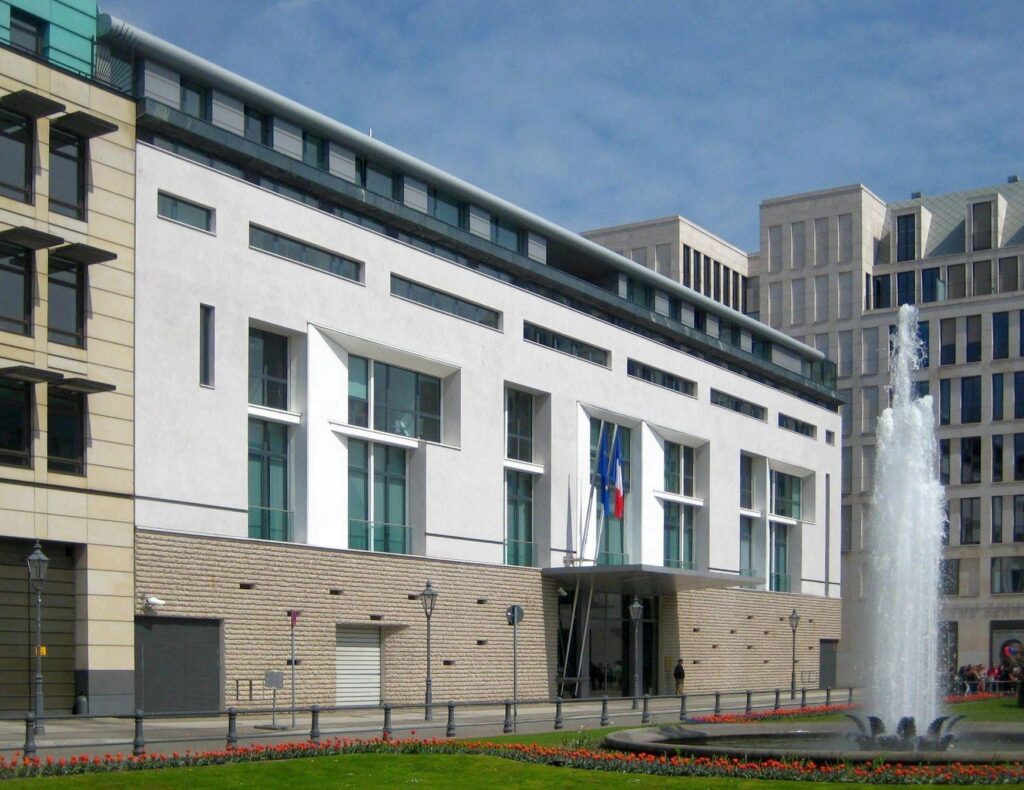France and Algeria: Navigating a Renewed Diplomatic Crisis Over Embassy Staff
In a development echoing past diplomatic strains, France has issued a firm caution against Algeria’s potential decision to expel members of the French embassy in Algiers. This move follows allegations of undue interference amid recent political shifts between the two nations. French authorities have underscored their unwavering dedication to protecting their diplomatic personnel, emphasizing the sensitive nature of bilateral ties shaped by a complex colonial history. As both countries grapple with this escalating dispute, questions arise about the future trajectory of their cooperation and dialogue within North Africa.
France’s Firm Stance Amid Rising Diplomatic Friction
The diplomatic atmosphere between France and Algeria has recently intensified after Algerian officials hinted at reviewing—and possibly reducing—the French diplomatic footprint on Algerian soil. Paris responded decisively, warning that any expulsion of its embassy staff would provoke reciprocal actions deemed necessary to uphold international diplomatic protocols.
This confrontation is viewed by many analysts as more than just an administrative disagreement; it reflects deeper historical wounds dating back to Algeria’s independence in 1962 and ongoing sensitivities surrounding colonial legacies. The French government insists on adherence to established international conventions that protect embassies worldwide, framing any Algerian action as a violation that could unravel years of painstaking diplomacy.
In response, high-level talks are scheduled between France’s Foreign Minister and her Algerian counterpart aimed at defusing tensions before they escalate further. These discussions come amid growing concerns over how such disputes might affect longstanding economic partnerships and cultural exchanges integral to both societies.
| Aspect | France’s Position | Algeria’s Position |
|---|---|---|
| Status of Embassy Personnel | Committed to maintaining full presence | Mulling possible expulsions or reductions |
| Historical Context Influence | Acknowledges colonial past but seeks forward-looking relations | Sensitive due to legacy grievances impacting trust |
| Diplomatic Engagements Planned? | Yes – proactive dialogue initiatives underway | Cautiously awaiting outcomes from talks |
The Broader Consequences for Franco-Algerian Relations Amid Heightened Tensions
The unfolding dispute highlights how unresolved historical issues continue shaping modern geopolitical dynamics between France and Algeria. Should Algiers proceed with expelling French diplomats, Paris has made clear it will respond with countermeasures—potentially triggering a rapid deterioration in bilateral relations across multiple domains.
This standoff risks undermining not only official diplomacy but also economic cooperation vital for both nations’ prosperity—particularly in sectors like energy exports where trade volumes reached approximately €7 billion in 2023 according to recent EU statistics—and cultural programs fostering mutual understanding among citizens.
- Diplomatic Repercussions: A tit-for-tat escalation could isolate either country diplomatically within regional blocs such as the African Union or Mediterranean partnerships.
- Sensitivity for Expatriates: The sizeable community of roughly 150,000 French nationals residing in Algeria may face increased uncertainty regarding safety measures or residency rights if tensions worsen.
- Economic Disruptions: Trade interruptions could impact critical industries including agriculture exports from Algeria destined for European markets—a sector valued at over $1 billion annually—as well as joint ventures involving infrastructure development projects funded by French investors.
| Potential Impact Areas | France’s Likely Response | Algeria’s Possible Actions | < /tr >|
|---|---|---|---|
| tr >> |
| Initiative | Frequency | Objective | |
|---|---|---|---|
| An Annual Bilateral Summit |

